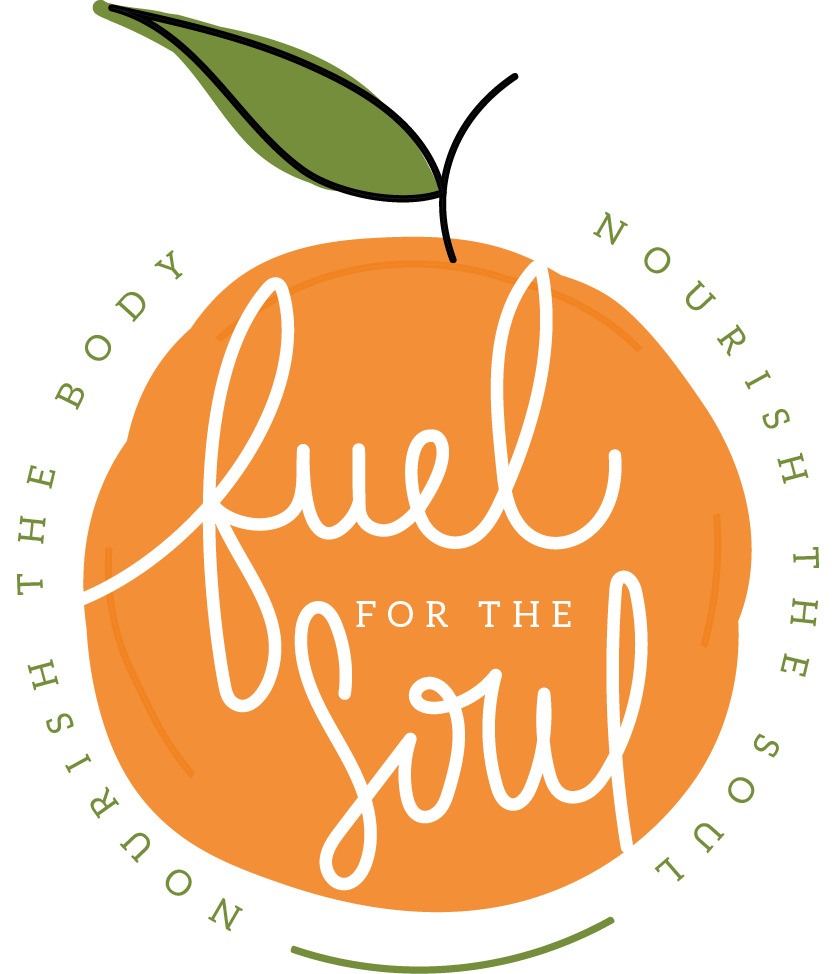By now you have heard of the fat-soluble vitamins A, D, and E, but have you heard of vitamin K? Vitamin K is also an essential fat-soluble vitamin that plays an important role in bone and heart health. There are two main types of vitamin K that we acquire from our diets: Vitamin K1 and vitamin K2. Read on to learn about the health benefits of vitamin K and dosage of this wonderful vitamin.
This week’s Nutrients by the Alphabet: Vitamin K Health Benefits and Recipe
That’s right, in this new series – Nutrients by the Alphabet – you will learn all about important nutrients (vitamins, minerals, and antioxidants), their health benefits, and easy and delicious ways to get more of the good stuff with a fun recipe to try each week (courtesy of my awesome student-intern from Brooks DeBartolo Collegiate High School – Shelby Persechino)!
So, what are the health benefits of Vitamin K?
Vitamin K supports heart health by preventing calcification of arteries, which is the leading cause of heart attacks. This happens by carrying calcium out of the arteries and not allowing it to form into hard, dangerous plaque deposits (i.e. helps prevent hardening of the arteries). Vitamin K improves bone density by increasing the amount of a specific protein required to maintain bone calcium, reducing the risk of osteoporosis. Studies have shown, men and women who consume high amounts of vitamin K are 65% less likely to suffer a debilitating hip fracture compared to those who consume low amounts of vitamin K. Vitamin K also helps blood clotting by clotting blood and stopping your body from bleeding or bruising easily. Since vitamin K is a blood clotting vitamin, it helps with menstrual pain and bleeding by regulating the function of your hormones. Vitamin K can also reduce the risks of prostate, colon, stomach, nasal, and oral cancers. Vitamin K improves brain function by participating in the nervous system through its involvement in sphingolipid metabolism, which is a class of naturally occurring molecules that are widely present in brain cell membranes. Vitamin K has an anti-inflammatory activity and can protect your brain against oxidative stress caused by free radical damage. Vitamin K helps maintain health of gums and teeth by killing bacteria that destroys tooth enamel resulting in tooth decay, and providing teeth with the proper minerals they need to remain strong. Whew, what a long list of awesome health benefits!
So, how much Vitamin K do you need and where can you find it?
You should have a daily dose of 90mcg of Vitamin K. You should always obtain nutrients through natural foods not supplements. Dandelion greens, mustard greens, Swiss chard, spring onions, Brussels sprouts, turnip greens, spinach, kale, broccoli, asparagus, kelp, cabbage, cucumbers, and cauliflower are just some of the healthy, wholesome foods where you can find vitamin K.
Looking for a healthy, delicious recipe to increase your intake of vitamin K? Here is my own recipe on The Best Smashed Brussels Sprouts from Fuel for the Soul.
Now that looks like a delicious, homemade side dish. And trust me, everyone will love them!


